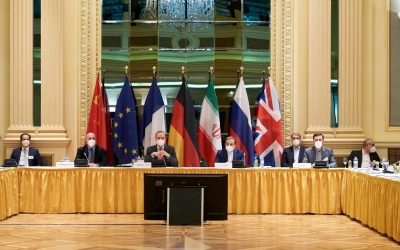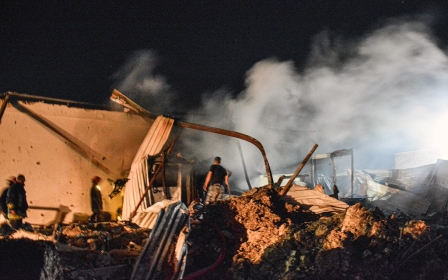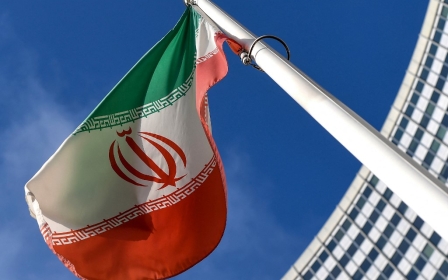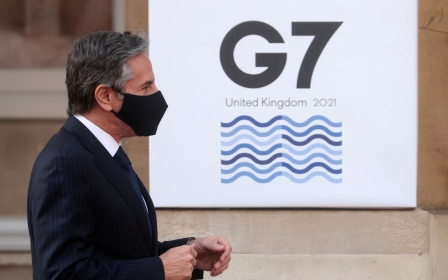Iran deal: US Democrats back revoking Trump's 'bad-faith' sanctions
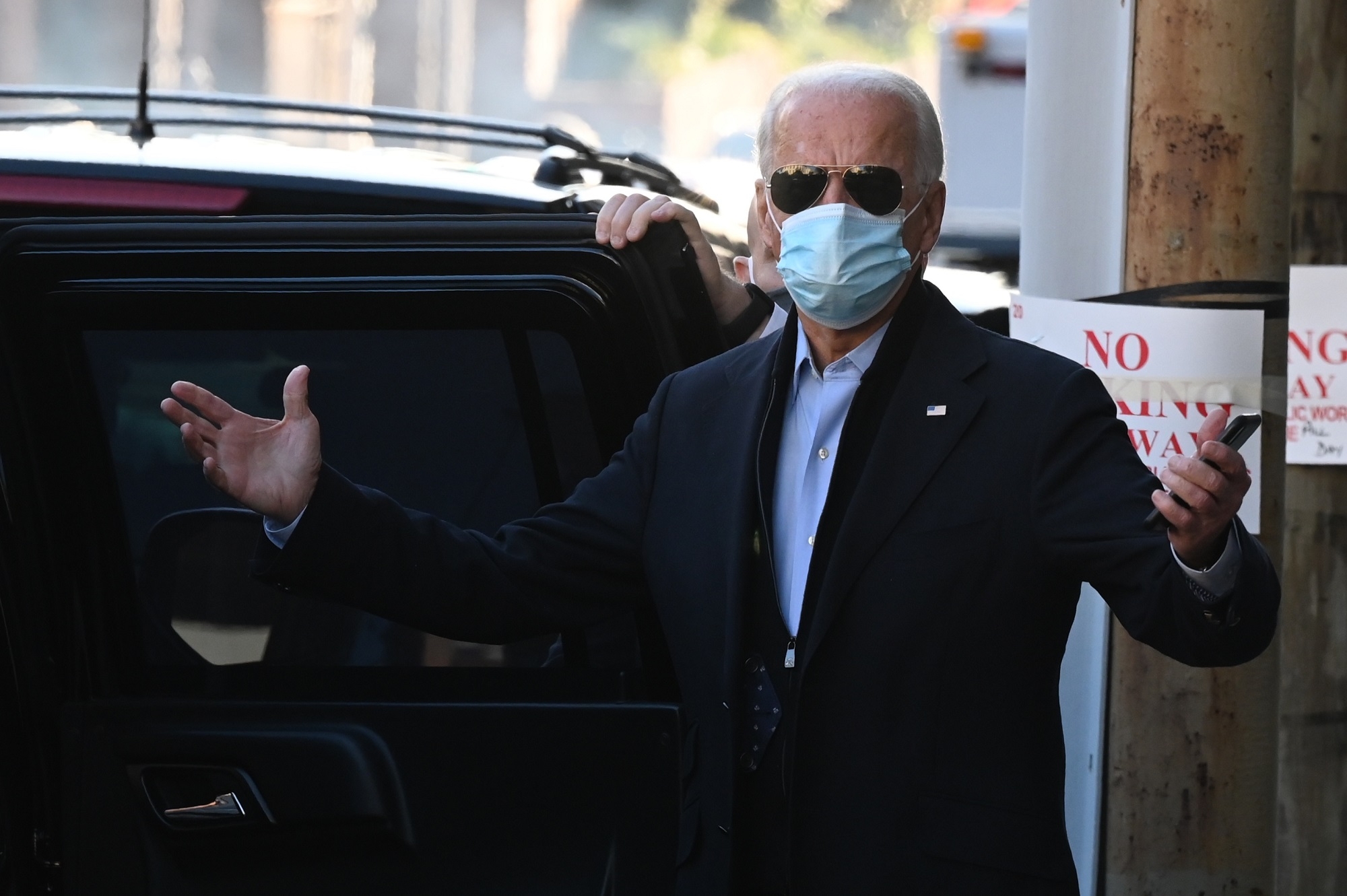
Dozens of Democratic Party officials across the United States have voiced their support for efforts to revive the Iran nuclear deal, calling on the administration of President Joe Biden to revoke its predecessor's "bad-faith sanctions" in order to save the landmark agreement.
In a letter addressed to Biden on Monday, more than 50 Democrats lauded the US administration's efforts to reimplement the agreement "through the compliance-for-compliance formula". It was first revealed by The Nation magazine.
Former President Donald Trump nixed the multilateral pact, known as the Joint Comprehensive Plan of Action (JCPOA), in May 2018 and started piling sanctions on the Iranian economy as part of his "maximum pressure" campaign.
'The JCPOA is of such critical value to US national security that the issue of who goes first should not become an obstacle'
- Letter to Joe Biden
In response, Iran has been loosening its commitments to the pact. Monday's letter called for moving past the impasse of whether Tehran or Washington should return to adhering fully to the agreement first.
"The JCPOA is of such critical value to US national security that the issue of who goes first should not become an obstacle," the letter says.
New MEE newsletter: Jerusalem Dispatch
Sign up to get the latest insights and analysis on Israel-Palestine, alongside Turkey Unpacked and other MEE newsletters
"Moreover, lifting Trump’s bad-faith sanctions - which he explicitly imposed on Iran in order to make a return to the JCPOA next-to-impossible - should not be treated as a concession to Iran, but rather as an effort to restore US credibility and enhance American security."
Prominent local and national Democratic leaders, including Minnesota Attorney-General Keith Ellison and progressive Congresswoman Barbara Lee, had signed the letter.
The letter's nod to revoking Trump-era non-nuclear sanctions comes as Washington and Tehran negotiate indirectly in Vienna to restore the accord.
Non-nuclear sanctions
Late in his administration, Trump applied what it called "counter-terrorism" sanctions against numerous Iranian entities - measures that would not be covered by the JCPOA, which offers relief for sanctions relating to Iran's nuclear programme only.
The sanctions were designed to make a return to the deal more difficult, critics of the previous administration said.
Biden administration officials have said that Washington is willing to undo sanctions that are not consistent with the JCPOA, including non-nuclear measures, but they have not committed to reversing all Trump-era sanctions.
The JCPOA, signed in 2015 by then-President Barack Obama when Biden was vice-president, saw Iran scale back its nuclear programme in exchange for the lifting of international sanctions against its economy.
Biden and his top aides say his administration seeks to revive the current agreement and then make it "longer and stronger" and use it as a platform to address broader issues with Iran, including the Islamic Republic's ballistic missile programme and regional activity.
Critics of the deal, including pro-Israel lobby groups, most Republicans in Congress and some hawkish Democrats, say all issues with Iran must be tackled at once.
Progressives note that public opinion polls show most Americans and an overwhelming majority of Democrats support the deal in its current format.
"Rejoining the Iran nuclear deal and lifting Trump's bad-faith sanctions is not only supported by rank-and-file Democrats in red, purple and blue states, but also by our Democratic Party leaders from all across the country," Yasmine Taeb, a progressive strategist and an organiser of Monday's letter for the Quincy Institute, said in a statement.
"President Biden pledged to chart a new course and called for a foreign policy for the middle class that will end forever wars and focus on the immediate domestic crises and that begins by rejoining the 2015 nuclear deal and rejecting Trump's failed approach on Iran," she said.
Vienna talks
The letter from Democratic officials decried Trump's maximum pressure campaign as a failure.
"In May 2018, the Trump administration recklessly reneged on the Iran deal and pursued a so-called 'maximum pressure' campaign to ostensibly reach a 'better deal' with Iran," they said.
"The only result has been a vastly expanded Iranian nuclear programme, increased regional instability, near US-Iran war on multiple occasions, and severe economic sanctions that have contributed to a dire humanitarian crisis inside Iran. As a result, America's credibility has been severely damaged and its national security damaged."
In Vienna, negotiations are underway between diplomats from the remaining signatories to the agreement - Iran, the UK, France, Germany, Russia and China. An American team is participating in the talks indirectly through intermediaries.
A senior US State Department official has said the deal could be restored "within weeks" if the Iranians agreed to the compliance-for-compliance framework, where Washington lifts sanctions and Tehran returns to abiding by the limits of the agreement.
"If Iran makes a political decision that it genuinely wants to return to the JCPOA - as the JCPOA was negotiated - then it could be done relatively quickly, and implementation could be relatively swift," the official said last week.
Middle East Eye delivers independent and unrivalled coverage and analysis of the Middle East, North Africa and beyond. To learn more about republishing this content and the associated fees, please fill out this form. More about MEE can be found here.


